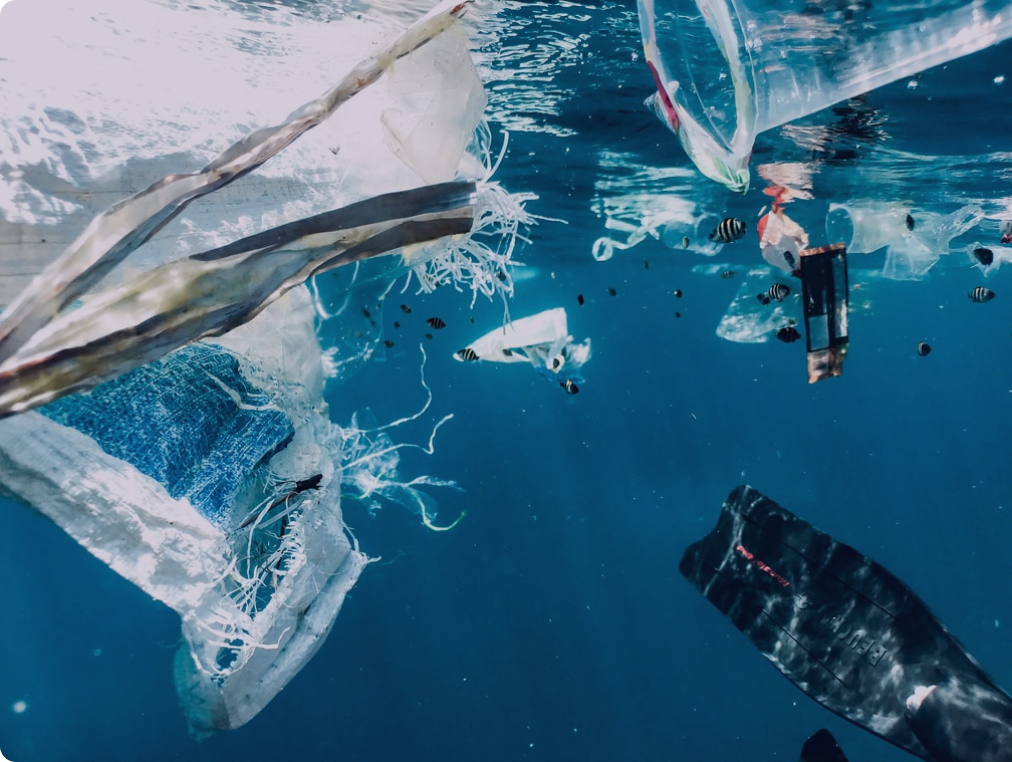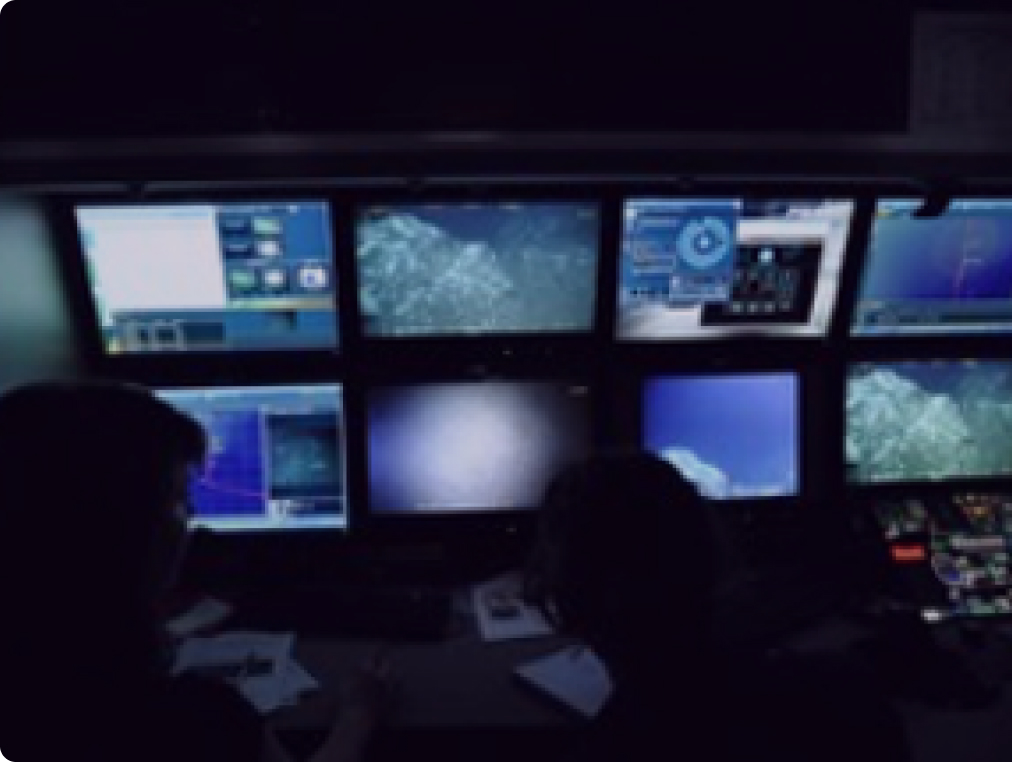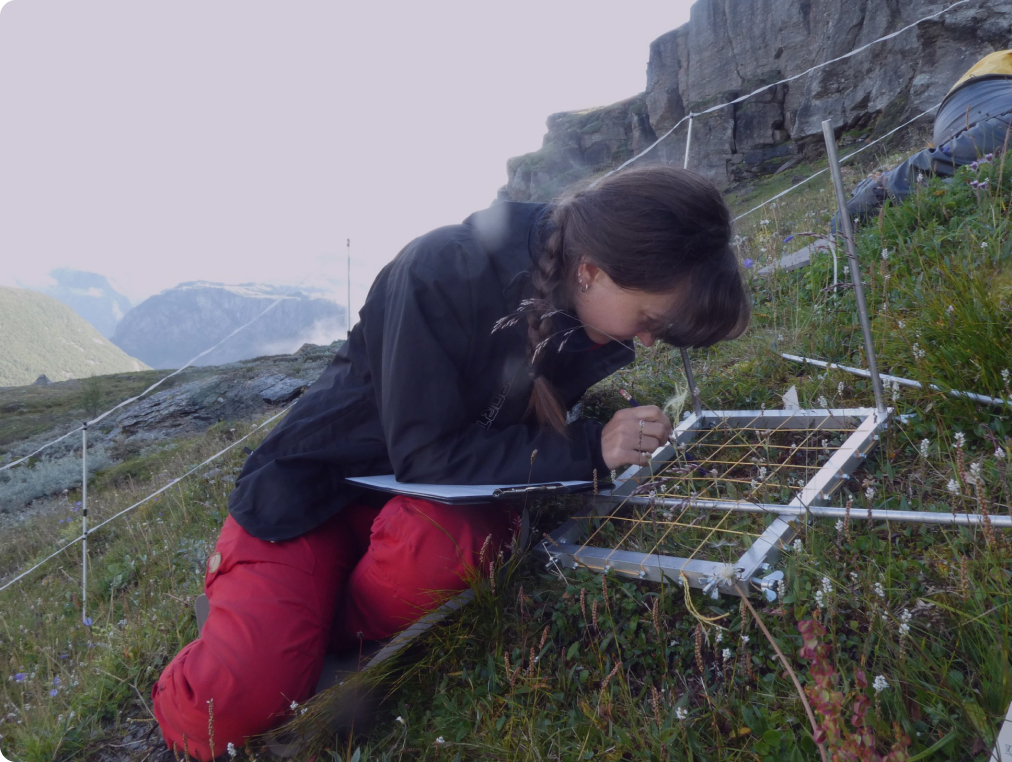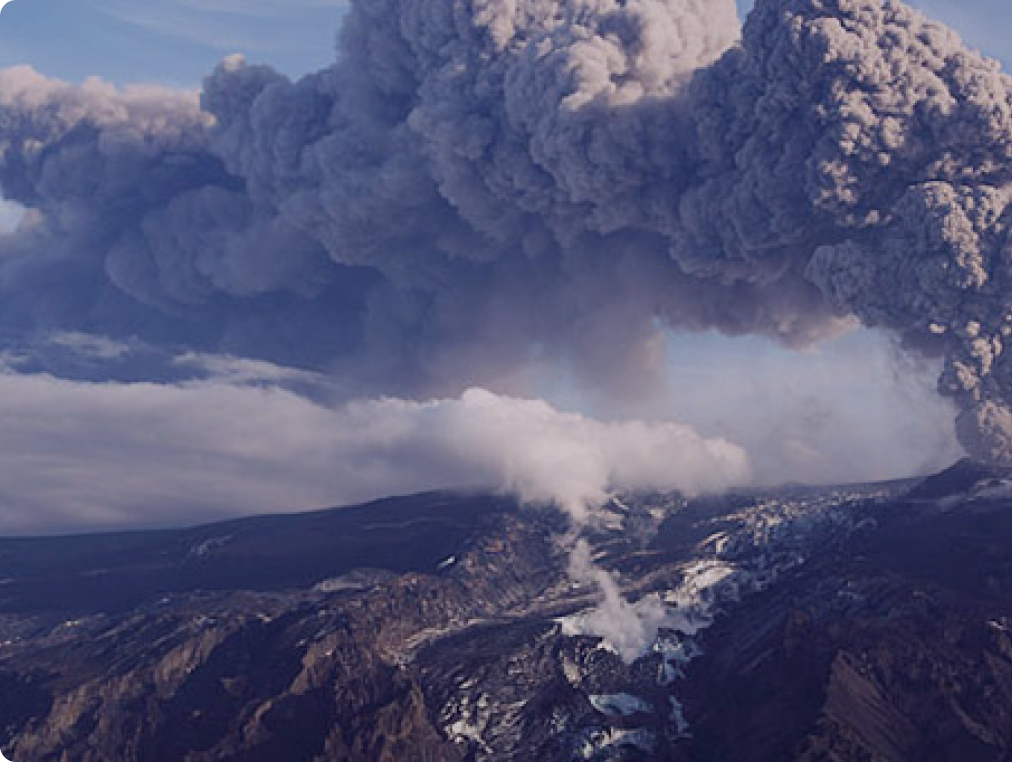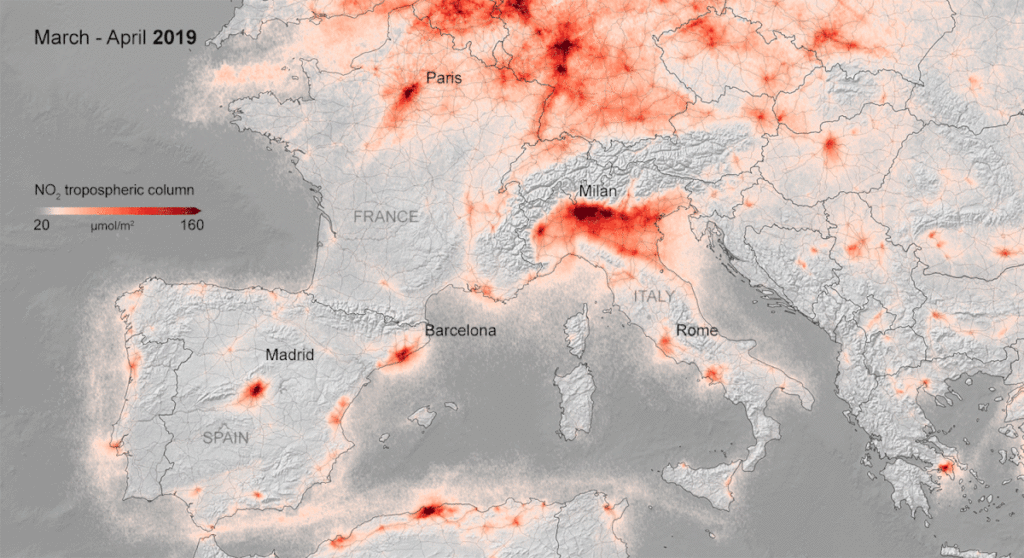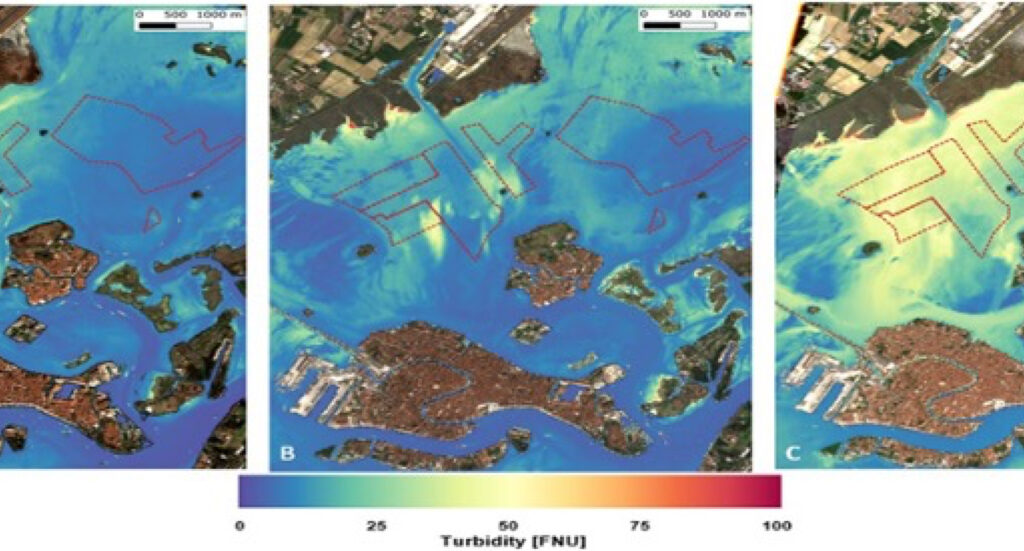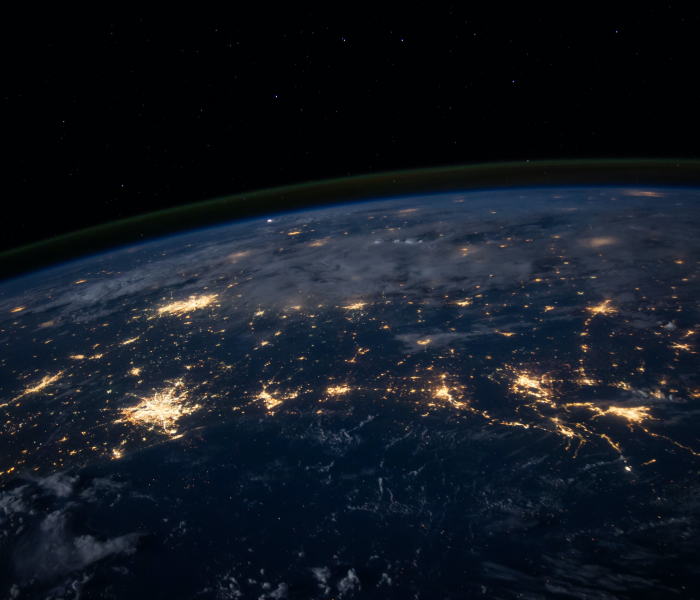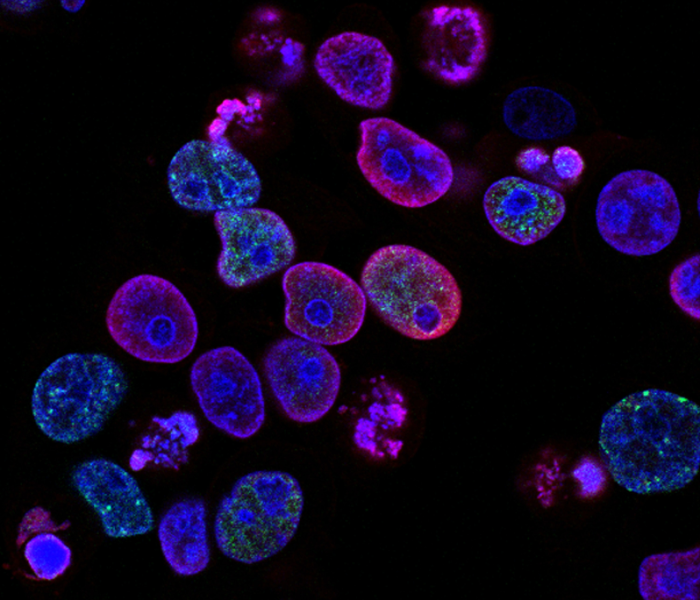news & Updates
The project coordinator Mr. Raul Palma presented the Reliance project during the public launch event of EGI-ACE project. You can download the Reliance presentation used during the event here Reliance…
Open Science is all about cooperation and Re-Usability!
2 March 2021
More than arts or literature, science is a cooperative activity. As Newton put it: “If I have seen further (than Hooke and Descartes) it is by standing upon the shoulders…
RELIANCE Project has been kicked off!
2 March 2021
The Reliance project has been kicked off the 13 and 14 January 2021. Mr. Raul Palma from PSNC is the project coordinator. The project will be 24 Months long ending…
